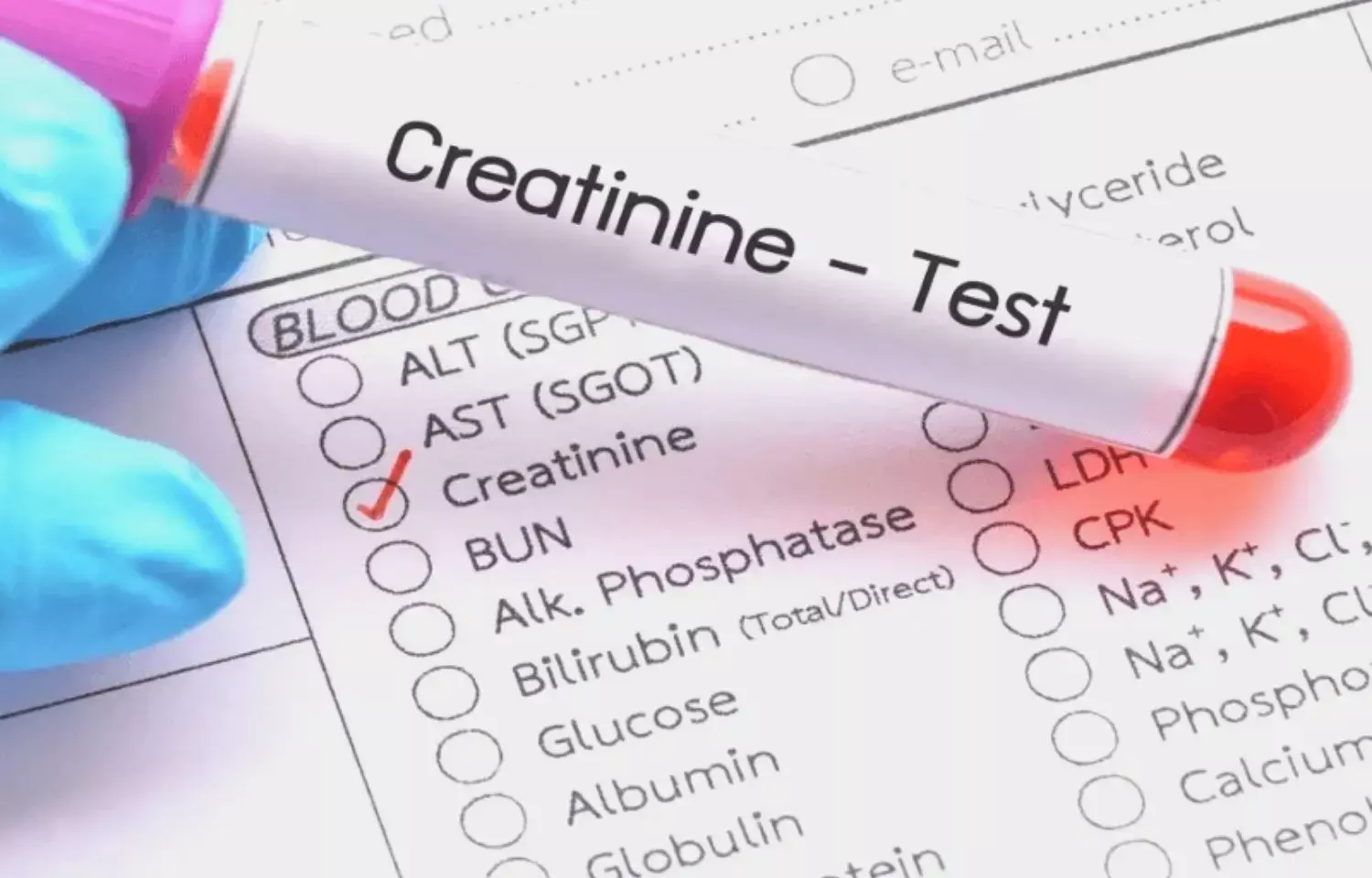- Home
- Medical news & Guidelines
- Anesthesiology
- Cardiology and CTVS
- Critical Care
- Dentistry
- Dermatology
- Diabetes and Endocrinology
- ENT
- Gastroenterology
- Medicine
- Nephrology
- Neurology
- Obstretics-Gynaecology
- Oncology
- Ophthalmology
- Orthopaedics
- Pediatrics-Neonatology
- Psychiatry
- Pulmonology
- Radiology
- Surgery
- Urology
- Laboratory Medicine
- Diet
- Nursing
- Paramedical
- Physiotherapy
- Health news
- Fact Check
- Bone Health Fact Check
- Brain Health Fact Check
- Cancer Related Fact Check
- Child Care Fact Check
- Dental and oral health fact check
- Diabetes and metabolic health fact check
- Diet and Nutrition Fact Check
- Eye and ENT Care Fact Check
- Fitness fact check
- Gut health fact check
- Heart health fact check
- Kidney health fact check
- Medical education fact check
- Men's health fact check
- Respiratory fact check
- Skin and hair care fact check
- Vaccine and Immunization fact check
- Women's health fact check
- AYUSH
- State News
- Andaman and Nicobar Islands
- Andhra Pradesh
- Arunachal Pradesh
- Assam
- Bihar
- Chandigarh
- Chattisgarh
- Dadra and Nagar Haveli
- Daman and Diu
- Delhi
- Goa
- Gujarat
- Haryana
- Himachal Pradesh
- Jammu & Kashmir
- Jharkhand
- Karnataka
- Kerala
- Ladakh
- Lakshadweep
- Madhya Pradesh
- Maharashtra
- Manipur
- Meghalaya
- Mizoram
- Nagaland
- Odisha
- Puducherry
- Punjab
- Rajasthan
- Sikkim
- Tamil Nadu
- Telangana
- Tripura
- Uttar Pradesh
- Uttrakhand
- West Bengal
- Medical Education
- Industry
Elevated serum creatinine levels may up CVD risk in females

China: In females aged>45 years old, elevated serum creatinine levels seem to be independently associated with a higher incidence of aortic arch calcification (AAC), a research shows. The study was published in the journal BMC Cardiovascular Disorders on 12 April 2022.
Measuring the levels of serum creatinine would be helpful in the early screening of individuals at high risk of developing cardiovascular disease (CVD). Further, the researchers stress that higher attention is to be given to females' serum creatinine levels in daily clinical practice.
Vascular calcification (VC) is known to be a strong predictor of cardiovascular events and all-cause mortality in CVD. Renal dysfunction is closely associated with VC. Serum creatinine as an important indicator of renal function in chronic kidney disease (CKD), is closely related to increased VC.
Wenfeng Tan, Department of Rheumatology, The First Affiliated Hospital of Nanjing Medical University, Jiangsu, China, and colleagues, therefore, set out to explore the potential role of serum creatinine in CVD and examined the association between serum creatinine level and AAC presence in a larger general population.
The study included a total of 9067 participants aged > 45 years. All participants underwent postero-anterior chest X-ray examination for AAC diagnosis. Serum creatinine levels in males and females were divided into tertiles respectively in accordance with the distribution characteristics. The association between aortic calcification and serum creatinine was analyzed using univariate and multivariate logistic regression analysis.
The study included 3776 men and 5291 women, and 611 and 990 AAC were detected, respectively.
The study led to the following findings:
- Serum creatinine level in the female AAC group was significantly higher than that in the non-AAC group, while there was no significant difference in male serum creatinine between the two groups.
- After logistic regression analysis excluded confounding factors, with the first tertile of serum creatinine as the reference, multivariable-adjusted ORs of the second and the highest tertile of female and male were 1.045, 1.263; 0.953, 0.948, respectively.
"These results imply that the role of serum creatinine levels in AAC and CVD development remains underrecognised and undertreated in the general population," wrote the authors.
To conclude, "AAC or asymptomatic CVD risk screening should be given for female with increased serum creatinine levels, especially in individuals concomitant with other CVD risk factors."
Reference:
Zhang, F., Hao, N., Wang, L. et al. Association of serum creatinine with aortic arch calcification in middle-aged and elderly adults: an observational cross-sectional study from China. BMC Cardiovasc Disord 22, 167 (2022). https://doi.org/10.1186/s12872-022-02617-6
Dr Kamal Kant Kohli-MBBS, DTCD- a chest specialist with more than 30 years of practice and a flair for writing clinical articles, Dr Kamal Kant Kohli joined Medical Dialogues as a Chief Editor of Medical News. Besides writing articles, as an editor, he proofreads and verifies all the medical content published on Medical Dialogues including those coming from journals, studies,medical conferences,guidelines etc. Email: drkohli@medicaldialogues.in. Contact no. 011-43720751


